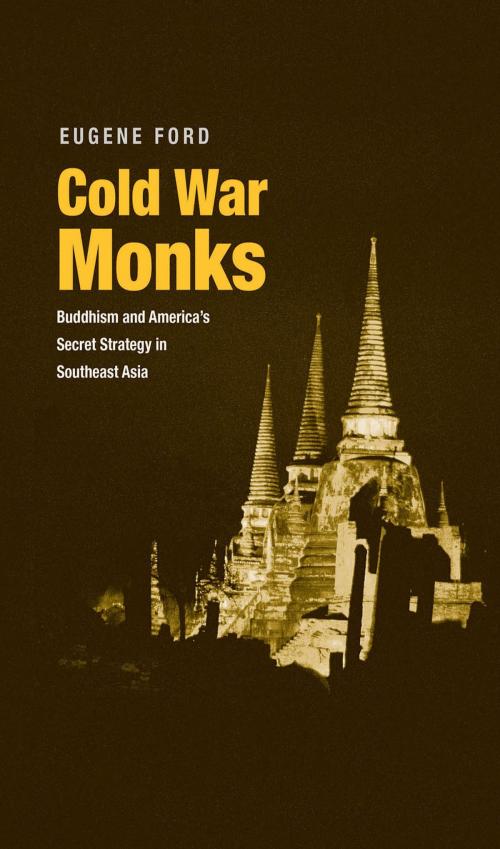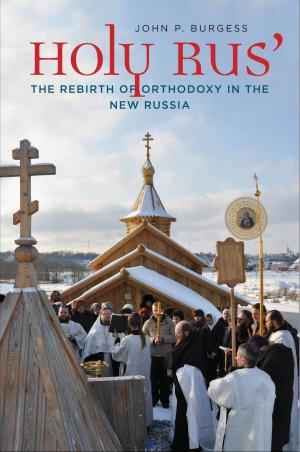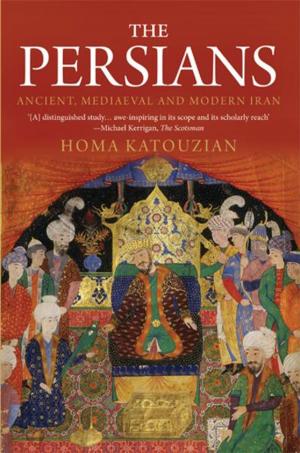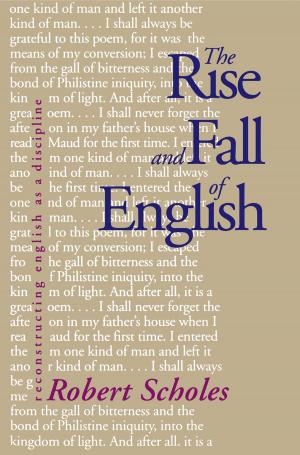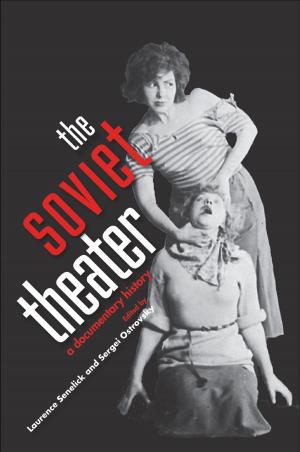Cold War Monks
Buddhism and America's Secret Strategy in Southeast Asia
Nonfiction, History, Asian, Southeast Asia, Americas, United States, 20th Century, Social & Cultural Studies, Political Science| Author: | Eugene Ford | ISBN: | 9780300231281 |
| Publisher: | Yale University Press | Publication: | October 24, 2017 |
| Imprint: | Yale University Press | Language: | English |
| Author: | Eugene Ford |
| ISBN: | 9780300231281 |
| Publisher: | Yale University Press |
| Publication: | October 24, 2017 |
| Imprint: | Yale University Press |
| Language: | English |
The groundbreaking account of U.S. clandestine efforts to use Southeast Asian Buddhism to advance Washington’s anticommunist goals during the Cold War
How did the U.S. government make use of a “Buddhist policy” in Southeast Asia during the Cold War despite the American principle that the state should not meddle with religion? To answer this question, Eugene Ford delved deep into an unprecedented range of U.S. and Thai sources and conducted numerous oral history interviews with key informants. Ford uncovers a riveting story filled with U.S. national security officials, diplomats, and scholars seeking to understand and build relationships within the Buddhist monasteries of Southeast Asia.
This fascinating narrative provides a new look at how the Buddhist leaderships of Thailand and its neighbors became enmeshed in Cold War politics and in the U.S. government’s clandestine efforts to use a predominant religion of Southeast Asia as an instrument of national stability to counter communist revolution.
The groundbreaking account of U.S. clandestine efforts to use Southeast Asian Buddhism to advance Washington’s anticommunist goals during the Cold War
How did the U.S. government make use of a “Buddhist policy” in Southeast Asia during the Cold War despite the American principle that the state should not meddle with religion? To answer this question, Eugene Ford delved deep into an unprecedented range of U.S. and Thai sources and conducted numerous oral history interviews with key informants. Ford uncovers a riveting story filled with U.S. national security officials, diplomats, and scholars seeking to understand and build relationships within the Buddhist monasteries of Southeast Asia.
This fascinating narrative provides a new look at how the Buddhist leaderships of Thailand and its neighbors became enmeshed in Cold War politics and in the U.S. government’s clandestine efforts to use a predominant religion of Southeast Asia as an instrument of national stability to counter communist revolution.
